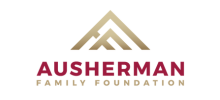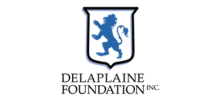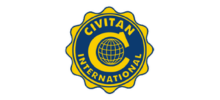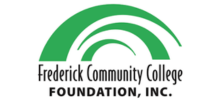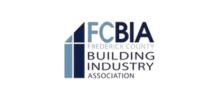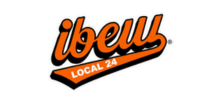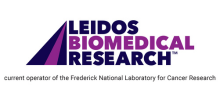Advocating for ALICE: The Need
In Frederick today, at least 33% of all households struggle to afford basic household necessities, falling below the survival budget threshold, because the cost of living outpaces wage increases. Asset Limited, Income Constrained, Employed (ALICE) families are often forced to choose between paying for food, medical expenses, childcare, broadband access, healthcare, and rent.
The ALICE Report for Frederick County has changed the way that UWFC approaches community needs and words to solve them. The report provides critical information about how financial stability is spread across Frederick County demographics.
We welcome you to join us as we drive toward social justice by embracing diversity, equity, inclusion, and belonging for every person in every community by supporting and advocating on behalf of ALICE families.
Our 2025 Initiatives
Read more about our 2025 Advocacy Platform Below or click here to download a PDF copy of the 2025 Advocacy Positions.
ALICE Advocacy in Our Community
Thank you for your unwavering commitment to addressing the transportation needs of our ALICE neighbors. We encourage you to use this letter template to urge the Maryland Department of Transportation to prioritize critical Frederick County projects in the Consolidated Transportation Program (CTP). Together, we can help ensure every member of our community has access to safe, reliable, and affordable transportation—a cornerstone for opportunity and equity.
UWFC believes that access to jobs, healthcare, education and healthy food is critical to Frederick County ALICE population and, by extension, to the greater Frederick County economy. With the emergence of the Ride United Network, a program providing accessible transportation, Frederick County is in a unique position to significantly enhance how families access work and services.
- UWFC data indicates that approximately 28% of low-income families don’t have access to private transportation, and 11% of those rely on taxi rides. While public transit remains FREE in Frederick County, a taxi trip can cost an ALICE worker up to 40% of a day’s wages.
- ALICE employees are much more likely to hold on-site jobs like restaurant and warehouse workers, nurses and teachers. If employees can’t get to work, then they can’t help make the business productive. If a business isn’t productive, then it is not benefitting the great Frederick County economy.
- While roughly 5.8% of Maryland’s adult population are veterans, the Ride United Network veteran data indicate that 19% of rides are used by veterans. This indicates a concentration of need for transportation solutions within our veteran community.
- Since July 1, 2024, 47% of Ride United Network rides have provided transportation to healthcare appointments. We cannot emphasize enough the critical importance of this transportation service to individuals who are seniors, or chronically ill, or seeking preventative medicine.
In a State budget environment where Transit services may be on the chopping block, it is critically important for increased local investment in the County’s transportation infrastructure.
UWFC encourages local government to increase funding and loosen policies to allow for increased investment in affordable housing for working ALICE families. Efforts may include development of workforce housing units, investment in first-time homeownership programs like UWFC’s Pathway to Homeownership program, and reduction of property taxes for low-income homeowners.
- With rents increasing by over 30% during the COVID-19 pandemic, ALICE families are more stressed than ever to put a roof over their heads.
- Homeownership provides families with an asset that can be passed down from generation to generation, but we know the goal of owning a home is out of reach for ALICE individuals and families.
- The Pathway to Homeownership has graduated 33 homeowners. Most homeowners are paying less in mortgage than what they were paying in rent.
- Not a single graduate of the Pathway to Homeownership has defaulted on their mortgage, indicating that many ALICE families are eager and able to improve their lives if given the opportunity.
UWFC advocates for additional investments in financial stability programs throughout the county.
- ALICE households have attained long-term benefits and financial stability from their access to essential financial literacy and asset building tools through programs in UWFC’s Pathway to Financial Stability, including VITA (Volunteer Income Tax Assistance), Credit Cafes, and Budget Coaching.
- Many ALICE households do not understand fundamental cultural trends, policies and structures that may diminish their ability to excel. Programs like Getting Ahead, a 16-week intensive self-discovery journey, provide foundational learning for ALICE households on their way to stability.
- Through UWFC’s effort to distribute 5,500 Chromebooks to ALICE families in Frederick County, we learned that 80% of families did not previously have a computer at home. This significantly impairs their ability to seek online services and fill out important forms needed for services.

